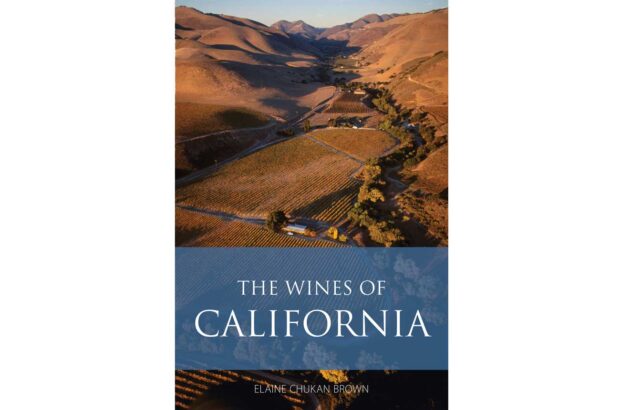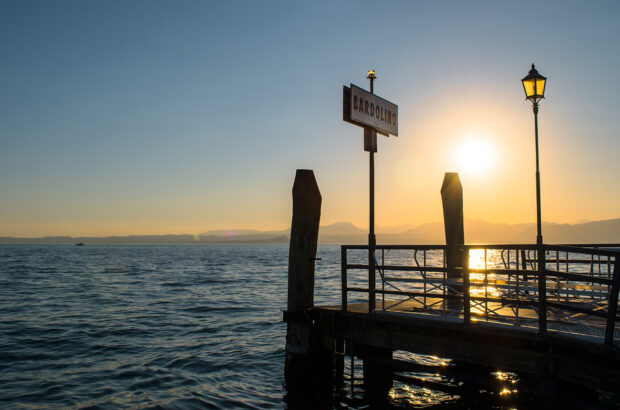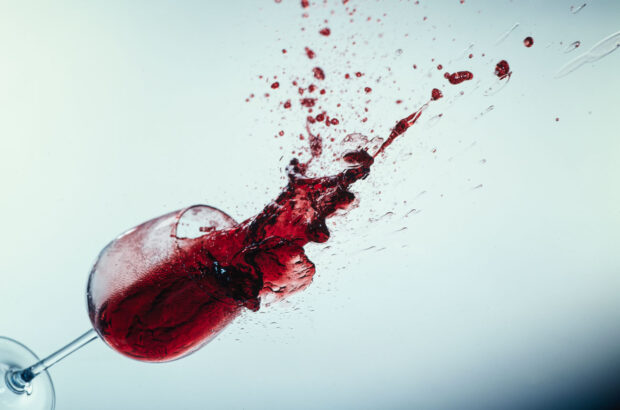On 1 September, the Xunta de Galicia (Galician regional government) authorised crisis distillation in DO Ribeira Sacra, following a request submitted by the local rural council in May.
The authorisation marks the first time a Galician wine region will implement the measure, which is aimed at withdrawing wine from the market to balance supply and demand. Eligible wineries will receive funds from Galicia’s Ministry of Agriculture in exchange for distilling surplus wine into industrial alcohol. The resolution is now pending ratification by the Spanish central government and the European Union.
The authorisation comes after months of warnings from small growers that their livelihoods would be seriously threatened if they could not find buyers for this year’s crop. The region’s largest winery opted not to renew contracts with over 400 growers for the 2024 vintage, blaming surplus stocks and declining sales of red wine, which accounts for around 80% of production in Ribeira Sacra.
Long-looming crisis
Antonio Lombardía Crespo, the president of Ribeira Sacra’s regulatory council, said the crisis has been looming since 2020: ‘The pandemic caused a delay in the release of wines to the market.
‘This, combined with historically abundant harvests in the past several years and the fact that this is a DO which mainly produces young wines, created a situation that made extraordinary measures necessary.’
Despite promises of aid, many growers feel increasingly desperate. One winemaker, who requested anonymity, said she feels ‘ignored’ by the regional government and a sense of ‘absolute impotence’. She and other growers have accused the Xunta of prolonged inaction for fear of affecting the Ribeira Sacra’s reputation and damaging the second campaign to have the region designated a World Heritage Site following the rejection of the first application in 2021 .
Wider socio-economic issues
On 2 September, with harvest underway, the Xunta de Galicia announced that it was allocating €2M (£1.68m) to ‘fight vineyard loss’ in Ribeira Sacra, and up to €2.4m (£2m), to fund crisis distillation. However, many growers view the aid package as insufficient to offset the high production costs of cultivating vines on steep terraces.
In addition, wineries who choose to distil are forced to first transport wine to the distilleries themselves and at their own cost, and will likely receive less than one euro per litre of distilled wine – which will then be subject to taxes.
On 6 September, the local agricultural union convened a protest outside the seat of the regulatory council, calling on the Xunta de Galicia to increase aid for struggling growers. They fear the current situation will exacerbate current demographic issues: the average grower in the region is 65 years old, and Ribeira Sacra has lost nearly 700 hectares of vineyards to abandonment in the past decade.
Lombardía signalled future changes to Ribeira Sacra’s regulations to balance supply and demand, explaining that he wants to ‘regraft more native red grape varieties and rezone the DO for the production of single-parcel wine, moving production toward mid to high-end wines.’







